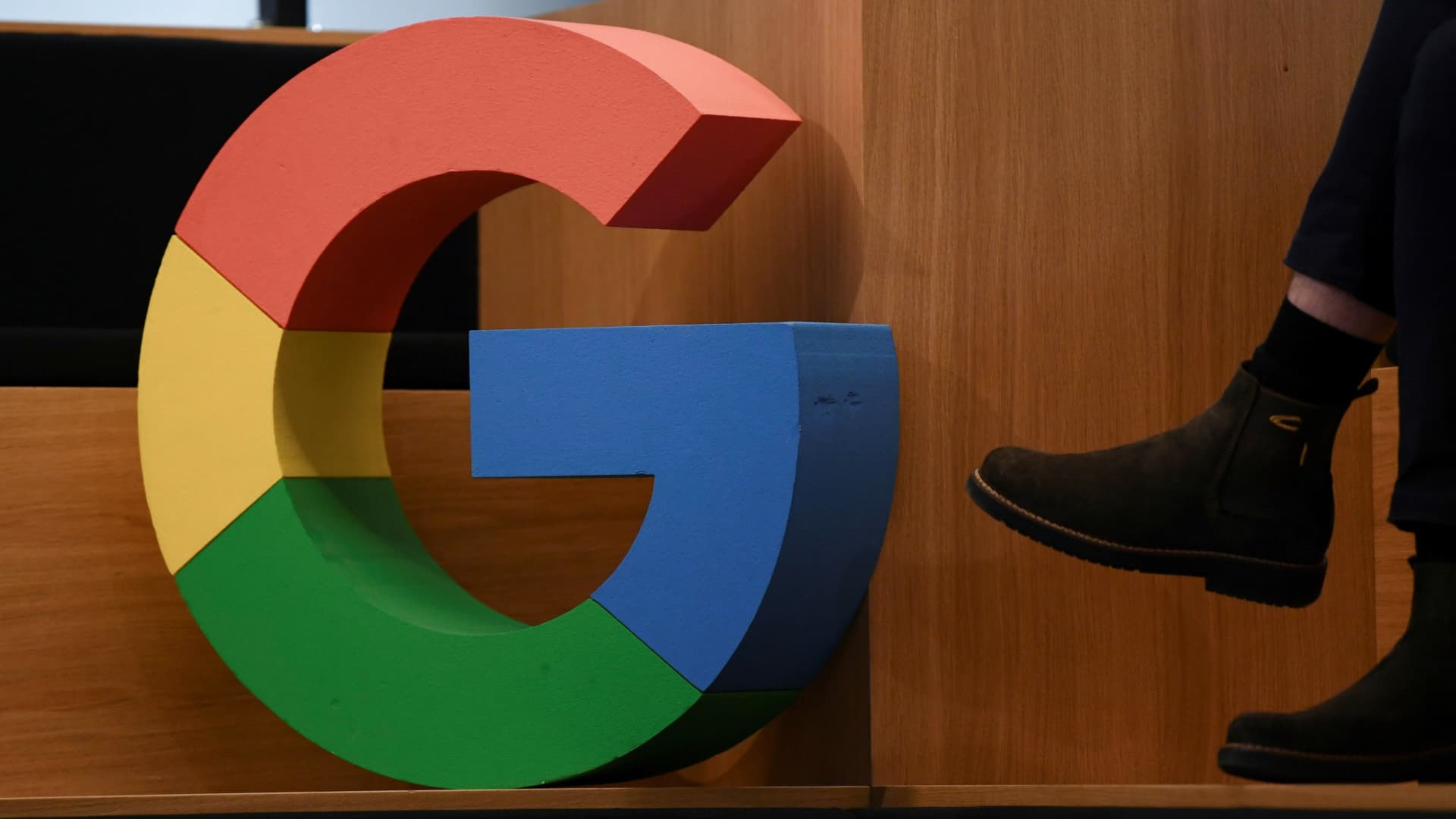Google’s failure to preserve employee messages in Epic antitrust case merits sanctions, judge says


A Google sign is pictured during the company’s presentation of a detailed investment plan for Germany outside the Google office in Berlin, Germany, August 31, 2021.
Annegret Hilse | Reuters
Google should be sanctioned for failing to preserve chat messages between employees related to an antitrust case brought by Epic Games, a federal judge in California ruled on Tuesday.
The company “adopted a ‘don’t ask, don’t tell’ policy for keeping messages, at the expense of its preservation duties,” the judge said in the filing.
The judge did not yet determine what sanctions Google should face, writing that, “the Court would like to see the state of play of the evidence at the end of fact discovery. At that time, plaintiffs will be better positioned to tell the Court what might have been lost in the Chat communications.”
Google faces similar allegations about destroying potential evidence by the Department of Justice in its antitrust litigation against the company. A Google spokesperson said at the time of the DOJ’s filing that it disagrees with the DOJ’s claims.
The latest filing included a string of messages between Google executives debating whether they needed to keep chat history on issues that might relate to the litigation.
Epic alleged that Google failed to retain chat messages between employees that it should have preserved while under a litigation hold. Google allegedly left it to employees to determine when to turn on and off their chat history when discussing matters relevant to the legal proceedings. Epic said Google should have ensured those messages were preserved by default. Exhibits presented by Epic seem to show that Google employees saw chats as a less formal way to communicate.
The judge, James Donato, made clear the case “will not be decided on the basis of lost Chat communications,” but said deciding on the proper non-monetary sanction requires more proceedings.
Donato ordered Google to cover reasonable attorneys fees related to the motion over the evidentiary issue.
“Our teams have conscientiously worked, for years, to respond to Epic and the state AGs’ discovery
requests and we have produced over three million documents, including thousands of chats,” a Google spokesperson said in an emailed statement.
Epic did not provide a statement for this story.
WATCH: Colorado Attorney General weighs in on Google lawsuit